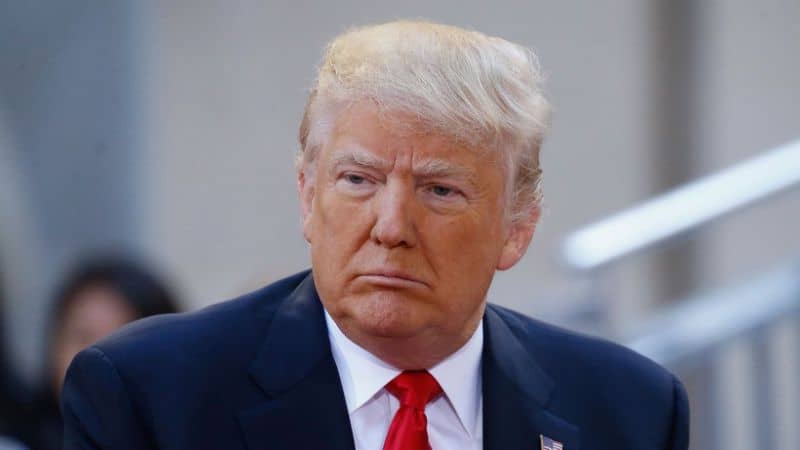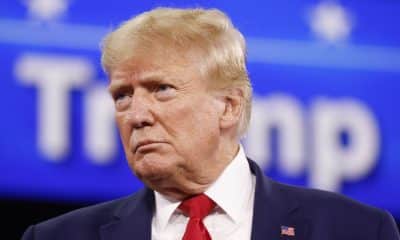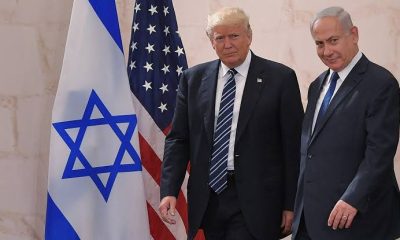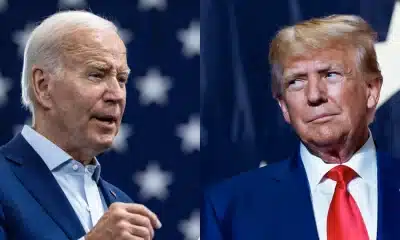Nigeria News
Trump bar muslim from seven nation from entering America


U.S. President, Donald Trump has barred refugees and visitors from Syria and six other nations from entering the United States for the next four months.
While signing the executive order, Trump said the move would help protect America from terrorist attacks while it adopts more stringent ways of screening refugees, immigrants and visitors.
The countries under this ban are: Syria, Iraq, Iran, Libya, Yemen, lia and Sudan: travellers from these countries were thrown into confusion on Friday after Trump gave the order.
“I’m establishing new vetting measures to keep radical Islamic terrorists out of the United States of America. Don’t want them here,” Trump said earlier on Friday at the Pennewson.
“We only want to admit those into our country who will support our country and love deeply our people,” he said.
Trump said that the move was partly aimed at helping Christians in Syria: however, legal experts are questioning the constitutionality of the move.
One group said it would announce a court challenge on Monday, Reuters reports.
The Council on American-Islamic Relations said the order targets Muslims because of their faith, contravening the U.S. Constitutional right to freedom of religion.
“President Trump has cloaked what is a discriminatory ban against nationals of Muslim countries under the banner of national security,” said Greg Chen of the American Immigration Lawyers Association.
With the ban, it is unsure if legal U.S. residents from these countries would be allowed to travel back to the United States.
Meanwhile, those of them still living within the U.S. are being asked to consult constitution lawyers before travelling out of the country or trying to return to the country.
People who work with Muslim immigrants and refugees were scrambling on Friday night to determine the scope of the order.
On Friday evening, Abed Ayoub of the American-Arab Anti-Discrimination Committee said he had fielded about 100 queries from people anxious about the order, which he said he believed could affect traveling green card holders, students, people coming to the United States for medical care and others.






